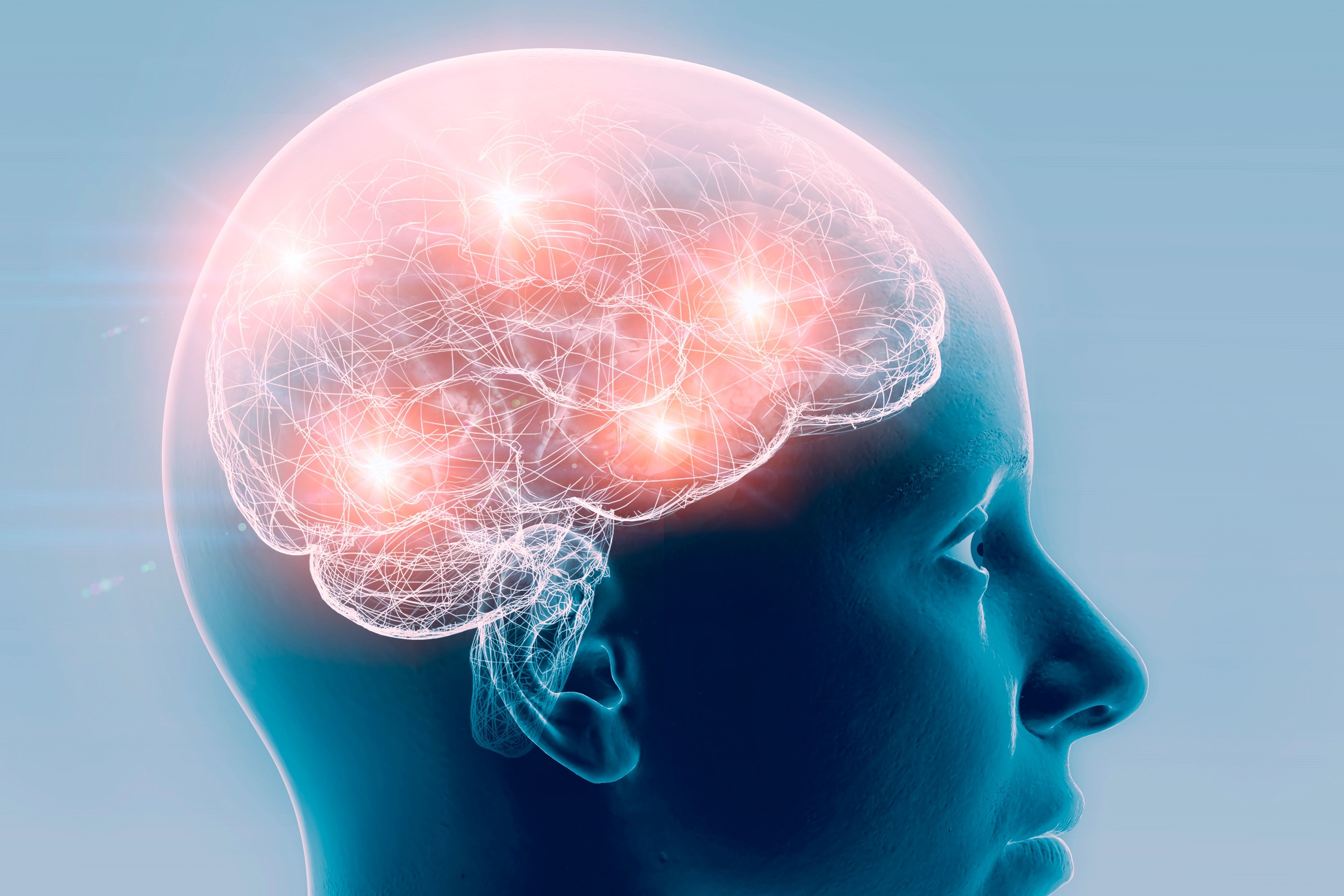
(Vienna, 10-09-2025) A research team led by Harald Sitte from the Medical University of Vienna has shown that cholesterol in the membrane of brain cells fine-tunes the chemical transporters for serotonin, dopamine and noradrenaline, thereby influencing the recycling of neurotransmitters and the response to medication. These findings, recently published in the journal Molecular Psychiatry, provide new new approaches for research into mental illnesses such as depression, addiction and ADHD.
The brain's communication system relies on special transport proteins, called monoamine transporters (MATs), which remove neurotransmitters such as serotonin, dopamine and noradrenaline from the space between nerve cells, the synaptic cleft, after a signal has been sent. By removing these chemical messengers, the transporters reset the system and keep signal transmission in the brain in balance. The research team led by study leader Harald Sitte (Center for Physiology and Pharmacology, MedUni Vienna) has now shown in a study that cholesterol in the cell membrane of brain cells plays a crucial role in the function of these transporters. Cholesterol is one of the main building blocks of the outer cell layer (not to be confused with cholesterol in the blood) and interacts closely with the transporters, influencing their shape, speed and efficiency.
The researchers investigated how changes in membrane cholesterol alter transporter activity. When cholesterol in the cell membranes was reduced, all three transporters absorbed neurotransmitters less efficiently and bound less strongly to inhibitors commonly used in medications. The serotonin transporter (SERT) was particularly striking: when cholesterol was depleted, it showed changes in its association with other transporter units (oligomerisation), a process that is important for the regulation of this transporter.
"Interestingly, lowering cholesterol levels had opposite effects on how the transporters responded to the neurotransmitter-releasing drug amphetamine," reports study leader Harald Sitte from the research paper. In SERT, it increased serotonin release, while in the dopamine and noradrenaline transporters, it decreased release. The increase in serotonin release depended on another membrane component, PIP2, which can bind to SERT and influence its efflux behaviour and oligomerisation.
These findings suggest that cholesterol acts as a fine-tuner for transporter activity and influences how these neurotransmitters recycle and respond to drugs. Since disturbances in the serotonin, dopamine and noradrenaline systems are associated with mental and neurological disorders, understanding the relationship between cholesterol and transporters could provide new insights into conditions such as depression, addiction and ADHD.
Publication: Molecular Psychiatry
Cholesterol Shapes How the Brain’s Neurotransmitter Transporter for Serotonin Works.
Deborah Rudin, Dino Luethi, Marco Niello, Jae-Won Yang, Isabella Burger, Walter Sandtner, Ruth Birner-Gruenberger, Gerhard J. Schütz and Harald H. Sitte.
https://www.nature.com/articles/s41380-025-03201-y